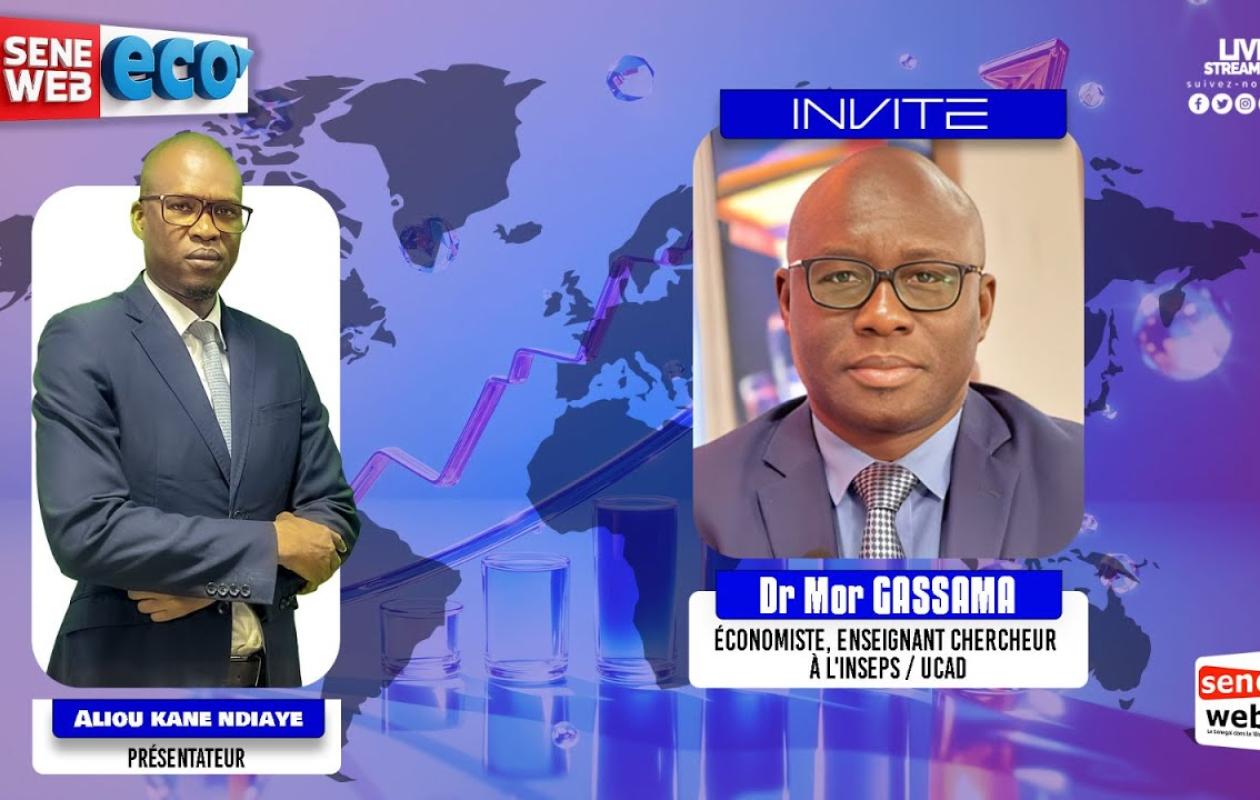
Dette, déficit et mobilisation des ressources : L’État sénégalais face à des défis colossaux
Since the installation of the new government, Senegal has mobilized more than 10,200 billion CFA francs, of which more than 6,000 billion has been dedicated to debt repayment, according to economist Mor Gassama, guest on the program "Seneweb Éco" this Sunday, August 24. This is an effort necessary to "honor the commitments" of the State and avoid a loss of market confidence.
The budget deficit, initially estimated at 6%, would in reality reach more than 12%, while the level of indebtedness would be close to 99% of GDP, with estimates that could climb to 119%, pending the results of an independent audit commissioned by the State in collaboration with the IMF.
Despite this worrying context, the capacity for internal mobilization remains reassuring. "Every time the State launches an appeal to the market, the objective is achieved, or even exceeded," emphasizes the lecturer-researcher at INSEPS.
These calls for public savings have made it possible to finance key sectors such as agriculture, digital technology and health, investments which should generate productivity gains.
Issues in negotiations with the IMF
Senegal has just experienced a crucial week with the International Monetary Fund (IMF) mission in Dakar from August 19 to 26. For Mor Gassama, a guest on the "CNEP-Éco" program, these discussions "are crucial for restoring confidence and mobilizing the financing essential to the country's macroeconomic stability."
He points out that this mission must, first of all, clarify the real level of debt. "Today, the figures vary between 99% and 119% of GDP. The independent audit commissioned by the State, in agreement with the IMF, should make it possible to definitively determine this level," explains the economist.
This transparency is, according to him, "essential to reassure investors and financial partners", who often make their support conditional on reliable data.
The IMF mission also discussed a new program aligned with the government's recovery plan, as well as the initial results of the debt audit. Sensitive issues include controlling debt service, streamlining public spending, and targeting energy subsidies.
On this last point, the government wants to avoid a sudden abolition, favoring "intelligent targeting" to protect vulnerable households while reducing the budgetary burden. In 2022-2023, these subsidies cost nearly 750 billion CFA francs, of which "nearly 80% benefited the wealthiest households," laments Mr. Gassama.
Senegal is therefore calling for more precise targeting to ease the pressure on public finances without penalizing vulnerable households. "The IMF, for its part, wants a gradual reduction. A balance will have to be found to avoid a social shock," warns the economist.
Commentaires (0)
Participer à la Discussion
Règles de la communauté :
💡 Astuce : Utilisez des emojis depuis votre téléphone ou le module emoji ci-dessous. Cliquez sur GIF pour ajouter un GIF animé. Collez un lien X/Twitter, TikTok ou Instagram pour l'afficher automatiquement.